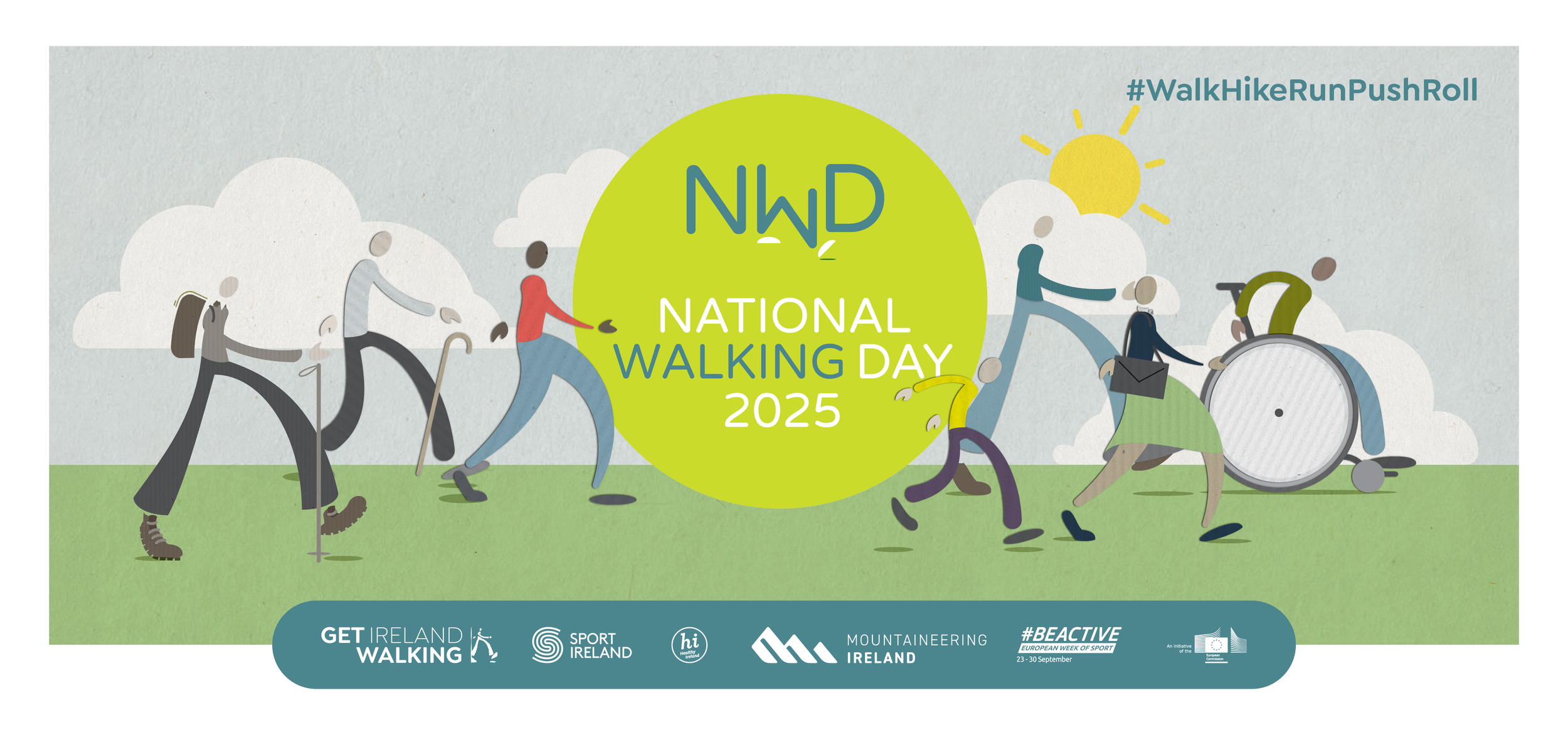Creating Calm and Clarity through Everyday Wellbeing
Modern working life is fast-paced, high-pressure, and often leaves little space for stillness. But workplaces that support mind–body practices — such as mindfulness, gentle movement, and breathing techniques — can help staff manage stress, stay focused, and feel more grounded throughout the day.
Why Mind–Body Practices Matter
Research shows that these techniques can reduce stress, improve mood, and boost concentration1. The HSE’s Stress Control Programme, a free online initiative based on cognitive behavioural therapy, highlights that regular stress management practices can help people feel more in control and better able to cope with everyday challenges2.
At the same time, the WHO Healthy Workplace Framework recognises that psychological wellbeing is just as important as physical health — and that workplaces should support the whole person3.
What Support Can Look Like
Mind–body practices don’t need to be complicated or costly. Simple steps can go a long way:
- Micro-breaks for breathing or reflection
- Desk-friendly stretches to ease physical tension
- Short guided mindfulness audio shared via email or internal comms
- Occasional workshops or classes in yoga, movement, or relaxation
- Cultural support — where taking a mindful moment is encouraged, not seen as slacking off
Embedding a Culture of Care
Workplace wellbeing starts with culture. In previous blogs, the significance of psychological safety was highlighted. Equally important is fostering open communication about self-care, which is essential to building that supportive environment. Encouraging self-care sends a clear message: it’s not just about what you achieve, but also how you feel while doing it.
Final Thoughts
Mind–body practices aren’t a luxury, they’re a practical, proven way to support employee wellbeing and performance. Whether it’s a three-minute breathing break or a regular team stretch, even small steps can make a meaningful difference.
References:
- Goyal, M., Singh, S., Sibinga, E. M. S., Gould, N. F., Rowland-Seymour, A., Sharma, R., … & Haythornthwaite, J. A. (2014). Meditation programs for psychological stress and well-being: A systematic review and meta-analysis. JAMA Internal Medicine, 174(3), 357-368. https://doi.org/10.1001/jamainternmed.2013.13018
- Health Service Executive, 2022. Stress Control Programme. [online] Available at: https://www.yourmentalhealth.ie
- World Health Organization, 2022. WHO Healthy Workplace Framework and Model. [online] Geneva: WHO. Available at: https://www.healthyworkplace.ie/wp-content/uploads/2022/12/1-WHO.pdf









